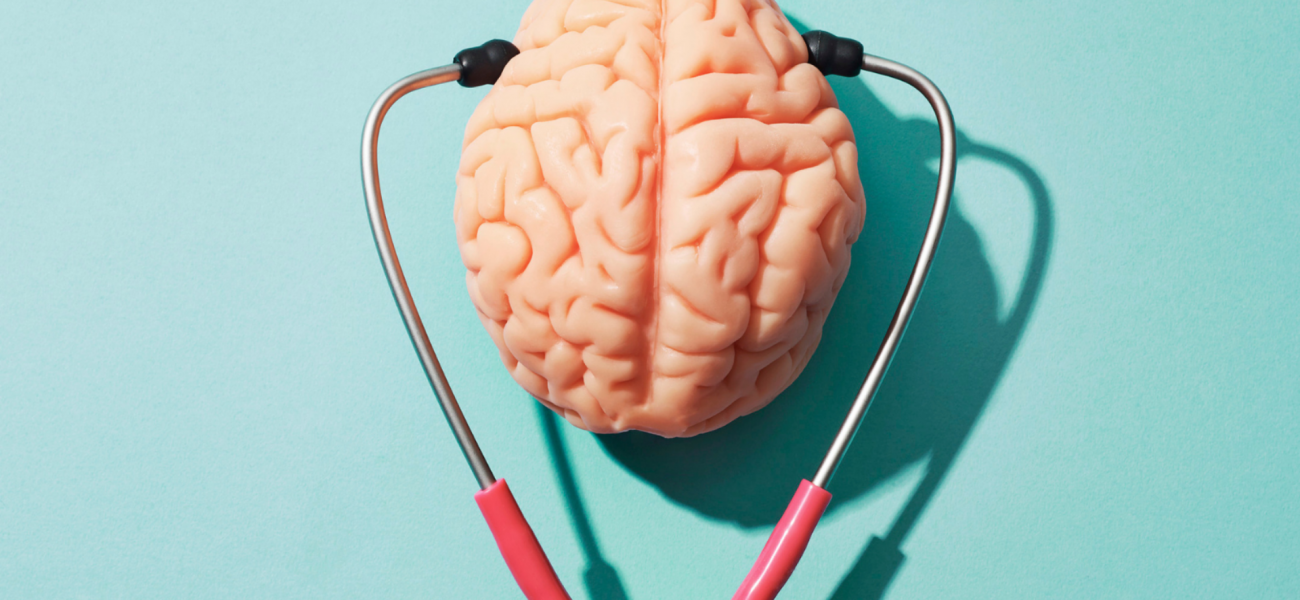On January 5, 2023, President Muhammadu Buhari signed into law, the Mental Health Bill. The bill is seen as a landmark legislation by the 9th National Assembly. Sponsored by Senator Ibrahim Oloriegbe (APC: Kwara State), Chairman of the Health Committee of the Senate, the bill repeals the Lunacy Act of 1964. For human rights groups and medical practitioners, the bill represents a significant improvement on prior legal framework for mental healthcare management. It recognises current definitions of mental disorder beyond its earlier definition as lunacy and recognises the challenges that other forms of mental disorder pose to the society, including the challenges of depression, drug abuse, psychosis, etc.
Prior to the passage of this bill, Nigeria was governed by an outdated mental health law which had been in existence since 1958. Indeed, the earliest mental health legislation in Nigeria was the Lunacy Ordinance of 1916, which was modified as the Lunacy Act of 1958, applicable in the old regions. These laws were largely based on an archaic and now repealed Mental Health law from the United Kingdom. The new law repeals the Lunacy Act 1964, which is most likely the federal equivalent of the Lunacy Act 1958. The new Mental Health Act which addresses the shortcomings of the old laws, had a long journey through the National Assembly. It was first introduced in the 5th Assembly in 2003, then in the 6th Assembly in 2008, before reintroductions in the 7th Assembly in 2013 and the 8th Assembly in 2016. It was finally brought back before lawmakers in the 9th Senate by Senator Yahaya Oloriegbe
The Act establishes a Department of Mental Health Services in the Federal Ministry of Health, to propose national mental health policies, promote mental wellbeing, healthcare services and facilitate the provision of humane care including treatment and rehabilitation in a least restrictive environment, among others. Some functions of the Department include promoting and facilitating collaboration among agencies and disciplines, and supporting the strengthening of community and facility linkages of mental health services; ensuring and guaranteeing the fundamental rights and safety of persons with mental health conditions, and protecting them from discrimination and stigmatisation. Others include maintaining a national directory of mental health care facilities accredited for the admission and treatment of persons with mental health conditions, and conducting regular inspection of these facilities to ensure compliance with the guidelines for the treatment and care of persons with mental health conditions. All public healthcare facilities are mandated to make provision for mental health treatment according to the guidelines issued by the Department.
The Act also establishes a Mental Health Fund for the implementation of its provisions. The Fund will be financed by voluntary contributions from individuals, organisations and the private sector; monies approved by National Assembly for payment into the Fund; grants and monies from any other sources approved by the Federal Ministry of Health. The Act establishes a Mental Health Assessment Committee with the objective of ensuring the protection of persons with mental health conditions.
The Act provides for the rights of persons with mental health issues, emphasizing that they shall have the same fundamental rights as their fellow citizens and shall not be subjected to any form of discrimination. It also protects them from physical and mental abuse, exploitation, inhuman or degrading treatment, etc. Ill-treatment or neglect of a person with a mental health condition or the violation of any rule or regulation in relation to the treatment of such persons is now an offence. In addition, the law provides for equal access to work and employment opportunities, and equal remuneration for persons with mental health conditions. It also requires that an employer should assist with seeking medical advice or treatment where an employee is suspected to be suffering from a mental health condition severe enough to affect the employee’s output.
Mental health has become a huge topic in Nigeria in recent times. Psycho-social problems brought on by economic hardship, violence and social unrest have exacerbated mental disorders. Mental Health professionals are of the opinion that the Mental Health Act 2021posits a positive outlook for mental healthcare in Nigeria. According to the African Network for the Prevention and Protection Against Child Abuse and Neglect, the new law focuses on ensuring that people have better access to mental healthcare and makes government responsible in terms of providing mental health access, adding that it will address the issues of human rights abuse in the sector.

